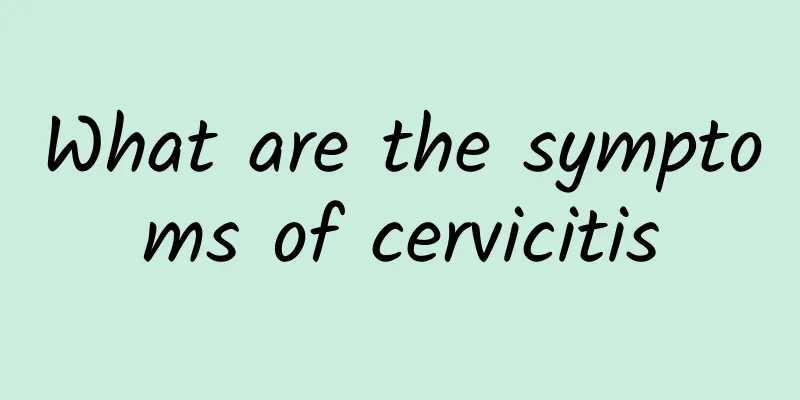What can't you eat after abortion? What can you eat after abortion?

|
What should I not eat after an abortion? This is a question many women ask after having an abortion. Although diet is very important for the body's recovery, there are certain foods that should not be eaten for a period of time after an abortion. In this article, I will answer what you should not eat after an abortion and provide some appropriate food suggestions. What can’t you eat after an abortion? 1. Spicy Food Spicy foods can irritate the gastrointestinal tract and may cause discomfort. Especially after an abortion, the endometrium may still be in a fragile state. Therefore, avoiding spicy foods, such as chili peppers and Sichuan peppercorns, can help avoid gastrointestinal irritation and help the body recover. 2. Stimulating drinks After an abortion, the endometrium may be traumatized to a certain extent, so you should avoid drinking stimulating beverages such as coffee, tea, carbonated drinks, etc. These beverages contain caffeine or other stimulating substances, which may have an adverse effect on the recovery process. What can I eat after an abortion? 1. Mild and easily digestible food The body after abortion may be somewhat sensitive to food, so it is very important to choose mild and easily digestible food. For example, rice porridge, noodles, cooked vegetables, etc., can provide the body with the necessary nutrients without placing too much burden on the digestive system. 2. Protein-Rich Foods After an abortion, the body needs protein to repair damaged tissues. Choosing foods containing high-quality protein, such as eggs, fish, lean meat, etc., can help the body repair and recover effectively. 3. Foods rich in vitamins and minerals After the abortion surgery, the body's recovery requires the support of various vitamins and minerals. Choosing foods rich in vitamin C, such as citrus fruits and vegetables, can improve immunity. At the same time, consuming foods rich in iron, calcium and folic acid, such as green leafy vegetables, red meat, beans, etc., can help replenish lost minerals. Summarize After an abortion, you should avoid spicy food and irritating drinks, which will help avoid irritation to the gastrointestinal tract and endometrium. After an abortion, we can choose some mild and easily digestible foods, such as rice porridge, noodles and cooked vegetables. In addition, foods rich in protein, vitamins and minerals are also very beneficial and can help the body repair and recover effectively. Please remember that when it comes to diet, personal tastes and health conditions may vary, so when choosing food, it is best to consult a doctor or nutritionist for advice to ensure the safety and appropriateness of the diet. |
Recommend
How to treat mild cervical erosion? Timely treatment
Cervical erosion can be mild or severe. Many peop...
What painkillers are good for dysmenorrhea
What painkillers are good for dysmenorrhea? It is...
Which women are prone to threatened miscarriage? What should pregnant women with signs of threatened miscarriage pay attention to?
Threatened abortion refers to a symptom in which ...
Six major reasons for infertility caused by artificial abortion
Abortion is a very dangerous operation and will c...
What are the symptoms of uterine fibroids? What are the common manifestations of uterine fibroids?
Women should be familiar with diseases such as ut...
What to eat for ovulation bleeding? Celery and golden needle soup has the effect of stopping bleeding
Ovulation bleeding is a common physiological phen...
Always pay attention to the causes of cervicitis
In recent times, the causes of cervicitis have be...
How to distinguish between cervicitis and cervical erosion? What causes cervicitis?
Nowadays, many people are paying attention to ute...
How big does a uterine fibroid need to be surgically removed? What are the classifications of uterine fibroids?
Introduction to this article: How much uterine fi...
How does TCM treat habitual abortion?
What are the ways of TCM to treat habitual miscar...
Is the right ovarian cyst serious? Is there any harm?
The severity of a right ovarian cyst depends on t...
How can women prevent Bartholinitis?
Knowing about Bartholinitis in advance can reduce...
Five possible dangers of medical abortion in women
Medical abortion is no less harmful to the body t...
Patients with irregular menstruation must pay attention to their symptoms
Irregular menstruation is a common disease that w...
What are the characteristics of chronic pelvic inflammatory disease?
What are the characteristics of chronic pelvic in...









